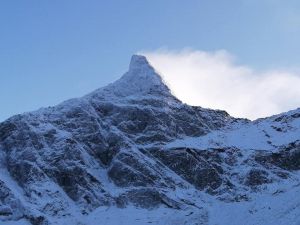
Sermitsiaq / Saddle Mountain North-East of Nuuk, Kalaallit Nunaat / Greenland
Supported in part by the Nordic Council of Ministers’ Nordplus for Higher Education, the core focus of the Creative Arts Pedagogy and the Environment / The CAPE Network is to develop collaborative art and environmental science educational innovations. This is supported with evidence-based scientific knowledge informing the participating art students/teachers, and mutually sharing the “creative” process with our environmental science students/teachers: the praxis of arts and science. The CAPE Network includes 10 countries,15 HEI partners spanning a large geographical sweep from Greenland in the north to Lithuania in the south (Greenland, Iceland, Faroe Islands, Denmark, Norway, Sweden, Finland, Estonia, Latvia, and Lithuania. These university programs bring their expertise towards art pedagogy and environmental science.
GOALS:
- To develop the students’ and teachers’ best practices competencies regarding the environmental STEAM approach to education.
- To co-design innovative / collaborative creative environmental education projects/curricula.
- To create Digital Process Documentation: archiving the results of Mobility supported workshops which explore the STEAM (Science, Technology, Engineering, ARTS, and Math) approaches to creative environmental education.
- To engage/respect our CAPE partners’ traditional Indigenous knowledge as important pedagogical resources.
During the COVID19 Pandemic, all IRL (in real life) Mobility actions have been suspended and the Nordplus CAPE Network is focusing on creating a webinar series with featured topics related to environmental art and science.
The NORDPLUS Creative Arts and Pedagogy in the Environment / The CAPE Network is supported by the Nordic Council of Ministers and the Baltic Countries through the Nordplus Higher Education Programme.
